The Fascinating Journeys Of Solo Artists Who Started In Music Groups
In the world of music, transitioning from a band member to a solo artist is a journey filled with both challenges and opportunities. Many artists find themselves at a crossroads, eager to explore their individual creativity beyond the confines of a group. This journey can lead to immense personal growth and new musical directions, as seen in the careers of several iconic musicians. Let’s explore the fascinating stories of artists who successfully made this leap and carved out remarkable solo careers.
Justin Timberlake: From *NSYNC to Global Stardom

Justin Timberlake rose to fame as a member of the boy band *NSYNC, which became one of the best-selling bands of the late 1990s and early 2000s. After the group went on hiatus, Timberlake embarked on a solo career with his debut album, Justified, in 2002.
The album was a commercial success, earning him two Grammy Awards. Timberlake’s ability to blend pop, R&B, and dance music has solidified his place as a global superstar, with hits like ‘Cry Me a River’ and ‘SexyBack.’
Beyoncé: Breaking Away from Destiny’s Child

Beyoncé Knowles first gained recognition as the lead singer of Destiny’s Child, one of the world’s best-selling girl groups. Her transition to a solo career began in 2003 with the release of the album Dangerously in Love, which won five Grammy Awards.
Beyoncé’s solo work showcases her powerful vocals and dynamic stage presence, with anthems like ‘Crazy in Love’ and ‘Single Ladies.’ She has since become a cultural icon, known for her innovation and influence in the music industry.
Harry Styles: The One Direction to Solo Success

Harry Styles was a beloved member of One Direction, a boy band that dominated the charts in the early 2010s. After the group went on hiatus, Styles launched his solo career in 2017 with his self-titled album, which debuted at number one in several countries.
His music is known for its classic rock influences and introspective lyrics, with hits like ‘Sign of the Times’ and ‘Watermelon Sugar.’ Styles has successfully established himself as a solo artist, earning critical acclaim and a dedicated fanbase.
Gwen Stefani: No Doubt About Her Solo Career

Gwen Stefani first made waves as the lead vocalist of No Doubt, a band that blended ska and punk influences in the 1990s. Her solo debut, Love. Angel. Music. Baby. released in 2004, showcased a pop and dance-oriented sound.
The album was a commercial triumph, featuring hits like ‘Hollaback Girl’ and ‘Rich Girl.’ Stefani’s solo work has allowed her to explore diverse musical styles, and she remains a prominent figure in both the music and fashion industries.
Michael Jackson: The King of Pop’s Journey from The Jackson 5
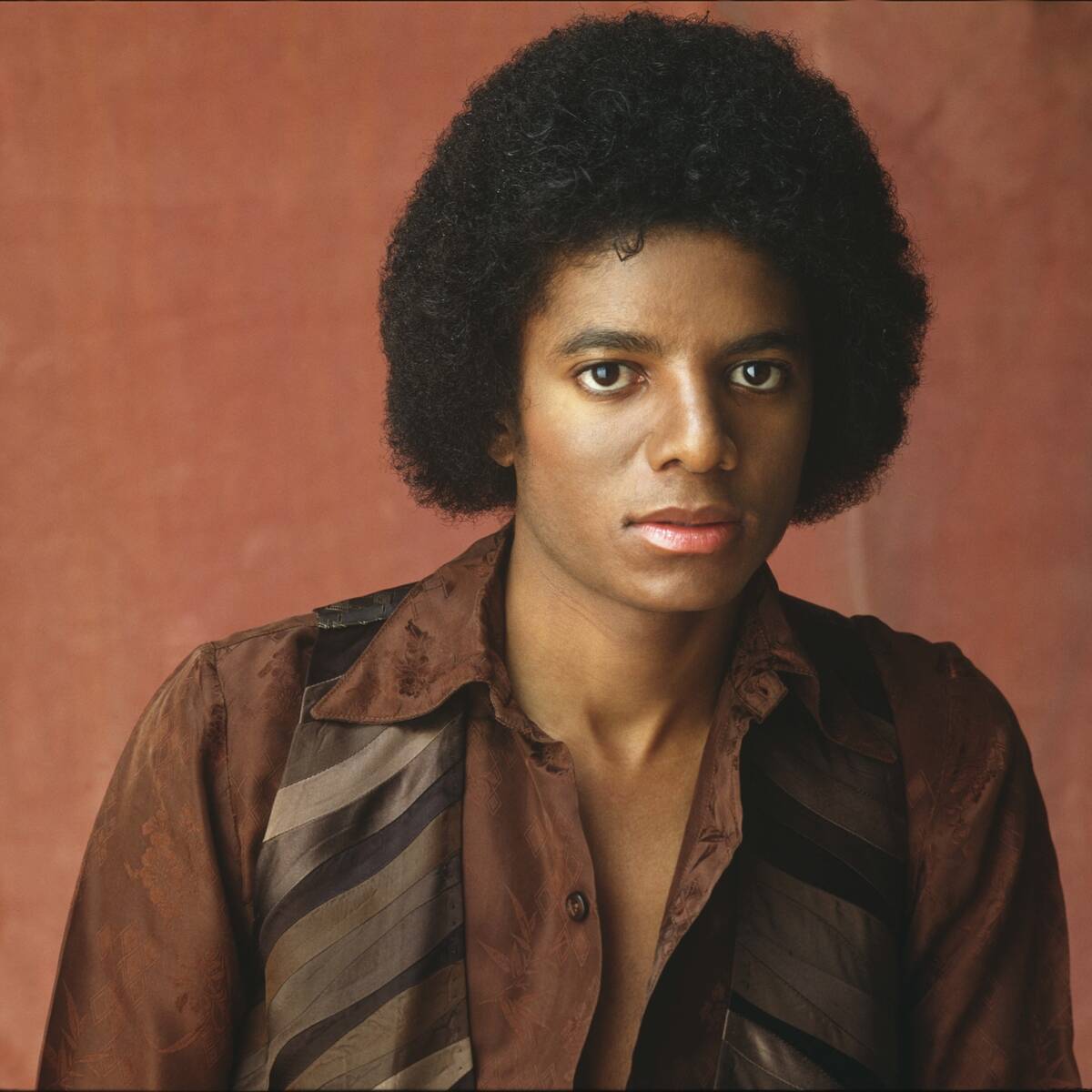
Michael Jackson started his career as a child prodigy with The Jackson 5, a family band that achieved significant success in the late 1960s and 70s. As a solo artist, Jackson became a global icon with his groundbreaking album Off the Wall in 1979, followed by the legendary Thriller in 1982.
Known for his electrifying performances and innovative music videos, Jackson earned the title ‘King of Pop,’ with timeless hits like ‘Billie Jean’ and ‘Beat It.’
Robbie Williams: Leaving Take That Behind
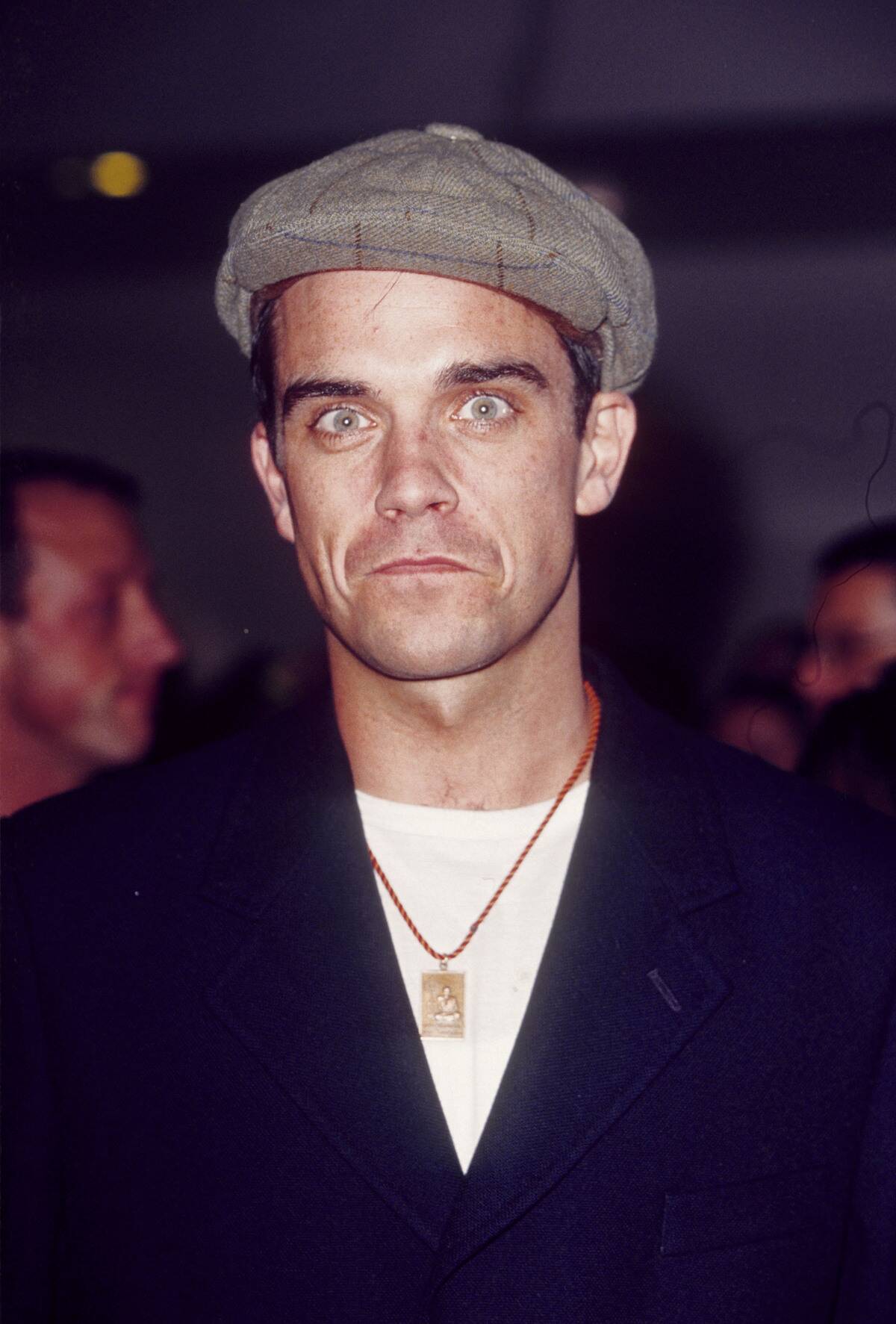
Robbie Williams gained fame as a member of the British boy band Take That, which enjoyed immense popularity in the early 1990s. After leaving the group in 1995, Williams launched a solo career that quickly took off with hits like ‘Angels’ and ‘Let Me Entertain You.’
His charismatic stage presence and ability to connect with audiences have made him one of the best-selling solo artists in the UK. Williams has consistently reinvented himself, exploring various musical genres throughout his career.
Lauryn Hill: The Fugees’ Star with a Solo Spotlight

Lauryn Hill achieved fame as a member of The Fugees, whose album The Score became an instant classic in the hip-hop genre. Hill’s solo debut, The Miseducation of Lauryn Hill, released in 1998, was both a critical and commercial triumph.
The album won five Grammy Awards and is celebrated for its fusion of R&B, hip-hop, and soul. Hill’s introspective lyrics and powerful vocal delivery have made her a revered figure in the music industry, despite her relatively limited solo discography.
Phil Collins: Genesis to Solo Phenomenon
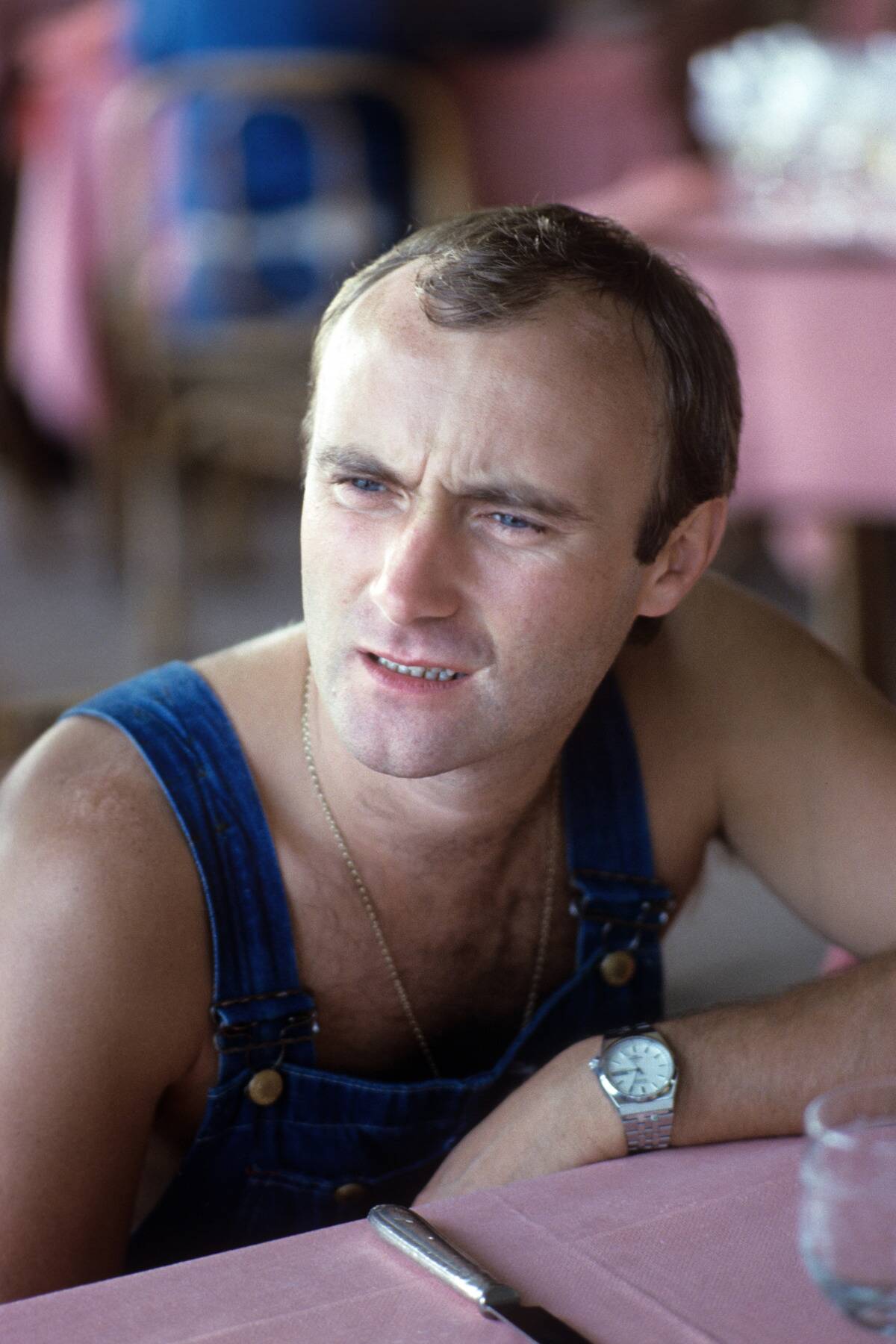
Phil Collins first found success as the drummer and eventual lead vocalist of Genesis, a band known for its progressive rock sound. Collins’ solo career took off with his debut album, Face Value, in 1981, featuring the hit single ‘In the Air Tonight.’
His blend of rock, pop, and soul elements resonated with audiences worldwide. Collins has sold over 100 million records as a solo artist, with memorable songs like ‘Against All Odds’ and ‘Another Day in Paradise,’ solidifying his status as a music legend.
Diana Ross: The Supremes to Solo Sensation
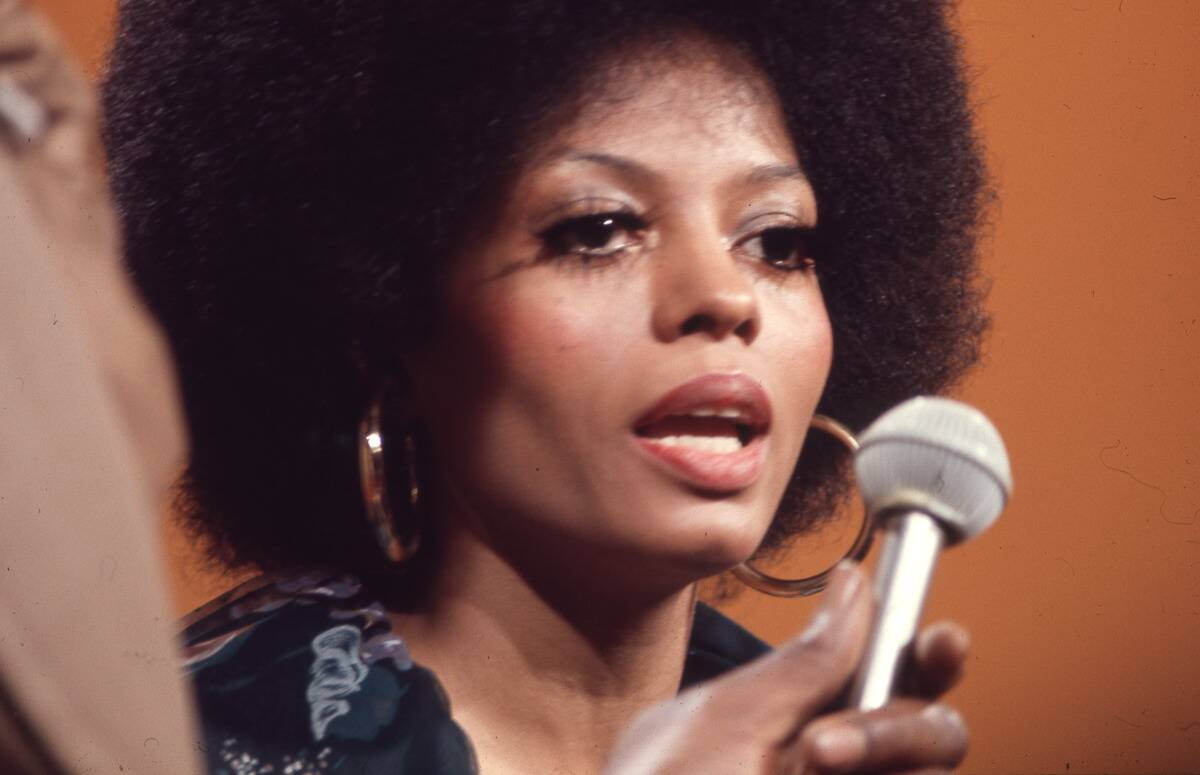
Diana Ross rose to fame as the lead singer of The Supremes, Motown’s most successful act during the 1960s. In 1970, Ross embarked on a solo career that quickly flourished with hits like ‘Ain’t No Mountain High Enough’ and ‘Touch Me in the Morning.’
Her powerful voice and glamorous image made her a symbol of sophistication and success. Ross has continued to enchant audiences for decades, earning numerous awards and accolades for her contributions to the music industry.
Stevie Nicks: Fleetwood Mac’s Leading Lady Goes Solo

Stevie Nicks became a household name as a member of Fleetwood Mac, contributing to the band’s monumental success in the 1970s. Her solo career began with the release of Bella Donna in 1981, which topped the Billboard charts.
Known for her distinctive voice and mystical persona, Nicks has delivered hits like ‘Edge of Seventeen’ and ‘Stand Back.’ Her solo work, infused with themes of love and introspection, has captivated fans and critics alike, solidifying her legacy as the ‘Queen of Rock and Roll.’
George Michael: Wham! to Solo Icon
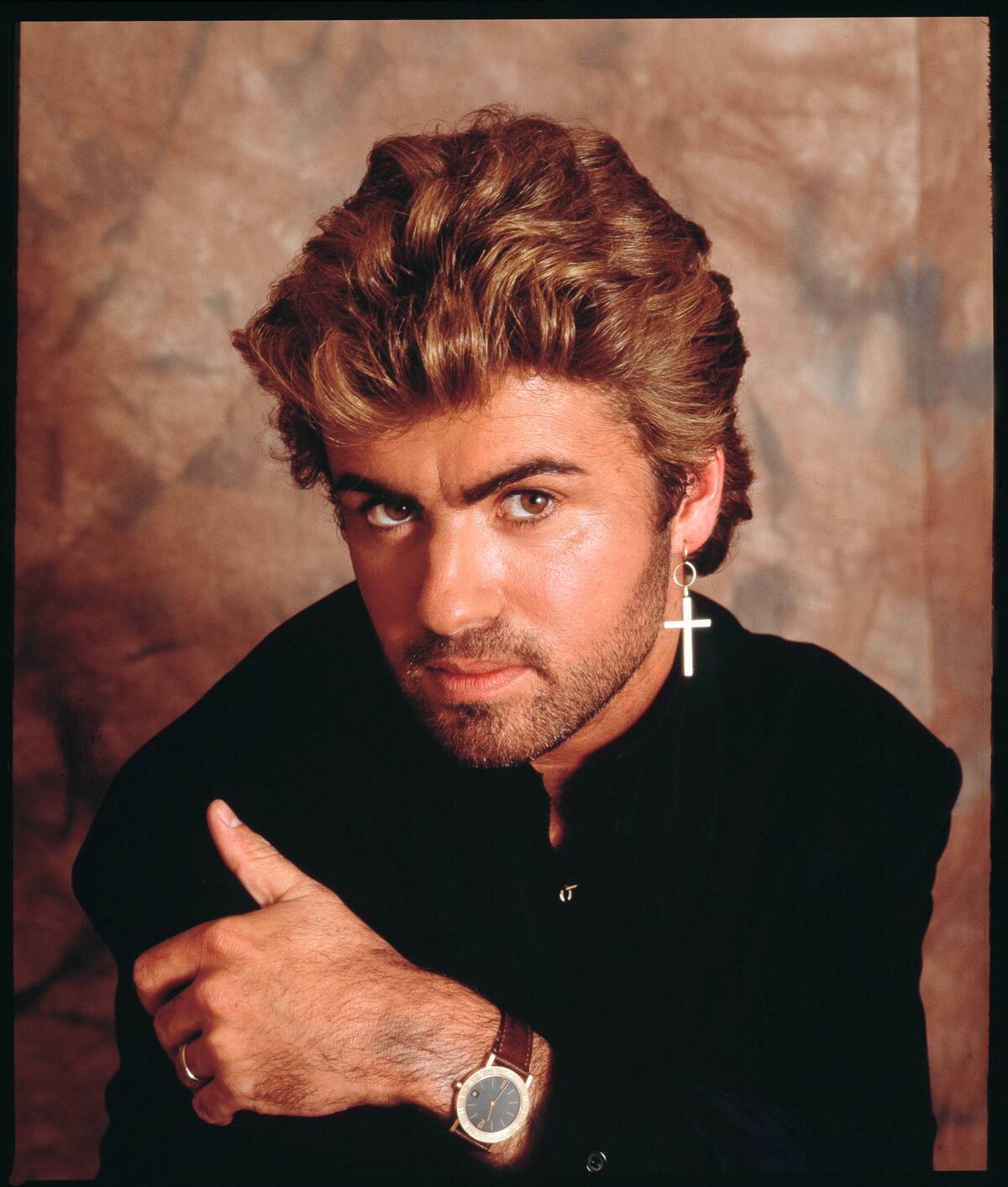
George Michael first captured the public’s attention as part of the duo Wham!, known for catchy hits like ‘Wake Me Up Before You Go-Go.’ His solo debut, Faith, released in 1987, showcased his talent for blending pop, soul, and funk.
The album was a massive success, earning Michael a Grammy Award for Album of the Year. With memorable tracks like ‘Careless Whisper’ and ‘Freedom! ’90,’ Michael became an icon in his own right, celebrated for his vocal prowess and charismatic style.
Sting: The Police Frontman’s Solo Journey

Sting gained fame as the frontman of The Police, a band that dominated the late 70s and early 80s with hits like ‘Roxanne’ and ‘Every Breath You Take.’ His solo career began in 1985 with the album The Dream of the Blue Turtles, which featured jazz-influenced tracks like ‘If You Love Somebody Set Them Free.’
Sting’s ability to blend genres and his introspective songwriting have earned him critical acclaim and a dedicated fan base, making him a respected figure in the music industry.
Fergie: From Black Eyed Peas to Solo Artist
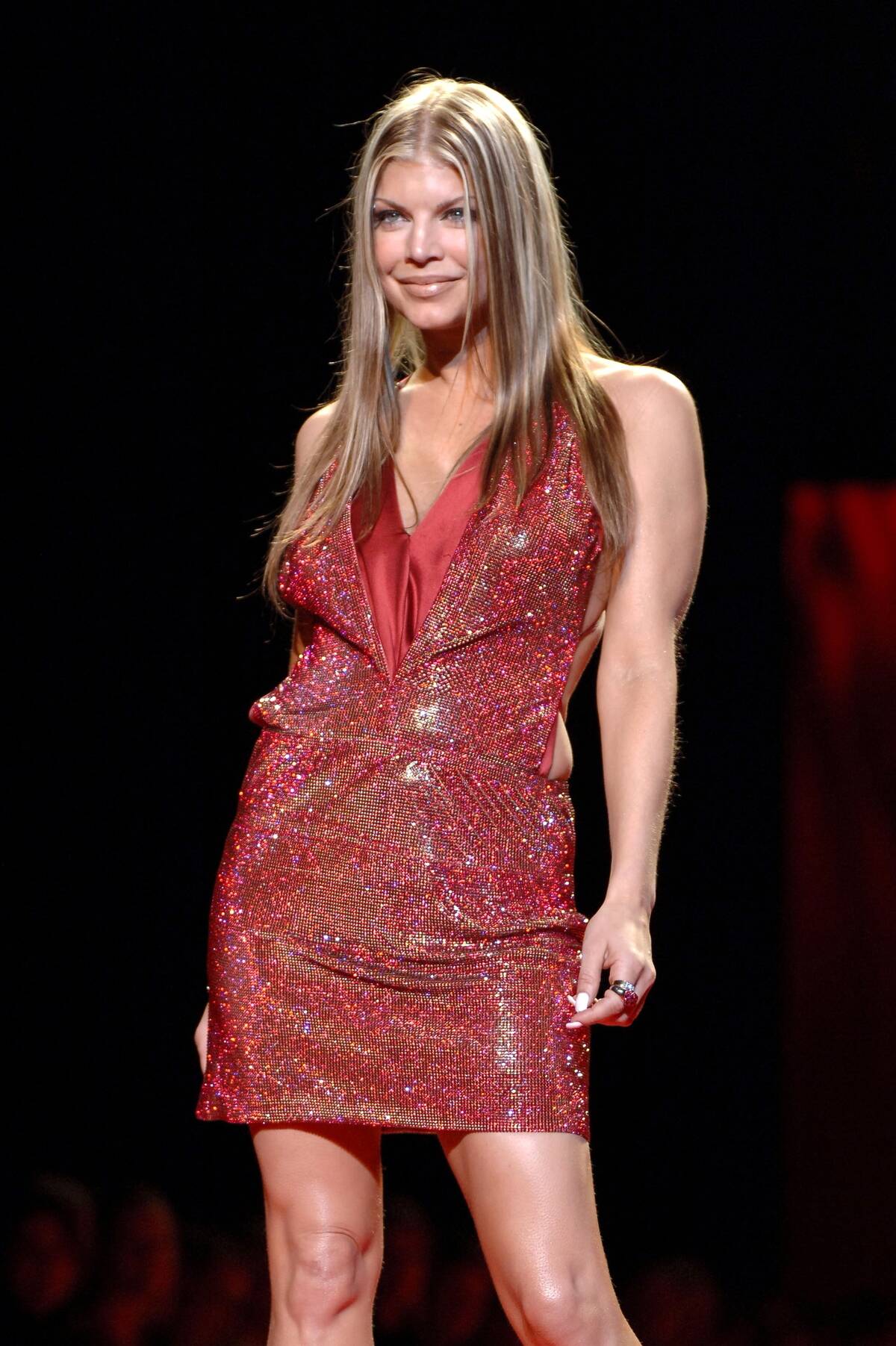
Fergie found fame as a member of the Black Eyed Peas, a group known for its mix of hip-hop and pop. Her solo debut, The Dutchess, released in 2006, featured chart-topping singles like ‘Big Girls Don’t Cry’ and ‘Fergalicious.’
Fergie’s unique voice and charismatic persona helped her carve out a successful solo career. Her work is characterized by catchy hooks and empowering themes, making her a standout artist in the pop music landscape.
Ricky Martin: Menudo’s Heartthrob to Latin Superstar

Ricky Martin rose to fame as a member of Menudo, a Puerto Rican boy band that enjoyed widespread success in the 1980s. His solo career took off with the release of Vuelve in 1998, which included the global hit ‘La Copa de la Vida.’
Martin became an international sensation with ‘Livin’ la Vida Loca,’ a track that topped charts worldwide. His vibrant performances and infectious energy have made him a prominent figure in Latin pop music, earning him numerous awards and accolades.
Lionel Richie: The Commodores to Solo Legend
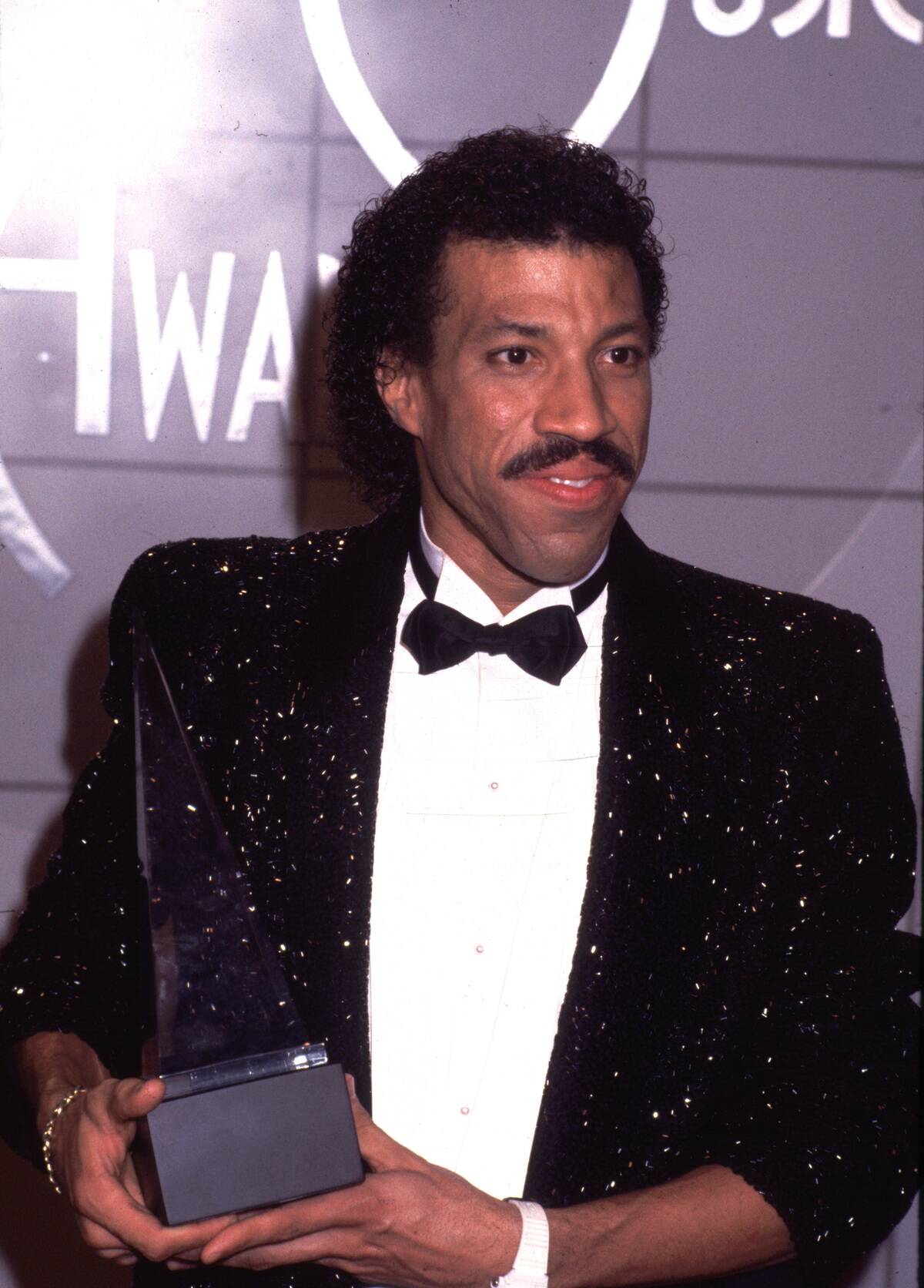
Lionel Richie first gained fame as a member of The Commodores, a band that produced hits like ‘Easy’ and ‘Brick House.’ Richie’s solo career exploded with the release of his self-titled debut album in 1982, featuring hits like ‘Truly.’
His subsequent album, Can’t Slow Down, won the Grammy Award for Album of the Year. Richie’s smooth voice and romantic ballads, including ‘Hello’ and ‘Endless Love,’ have made him a beloved figure in the music world.
Paul McCartney: The Beatles’ Genius Finds Solo Success
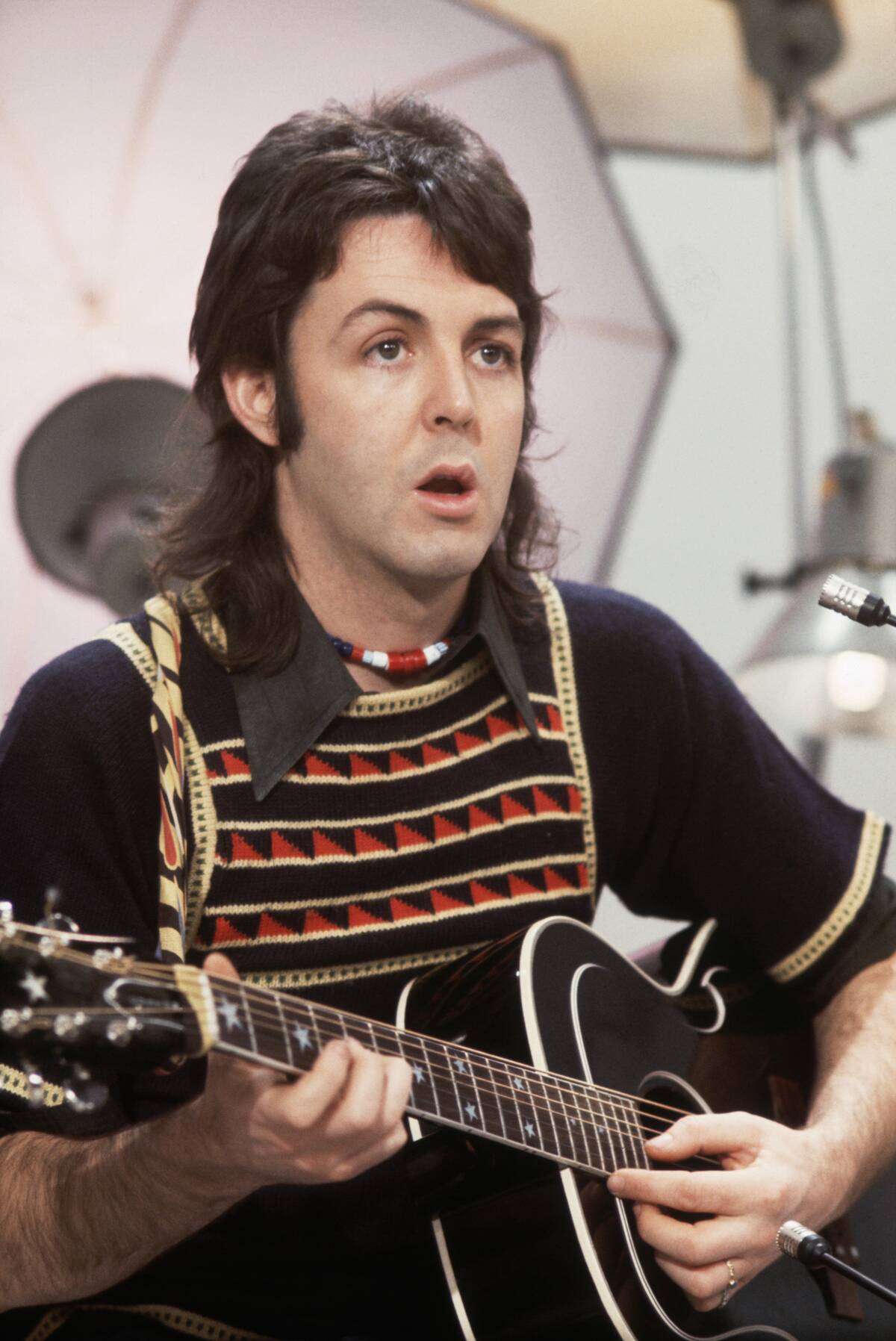
Paul McCartney achieved legendary status as a member of The Beatles, widely regarded as one of the greatest bands in history. Following the group’s breakup, McCartney launched a successful solo career with hits like ‘Maybe I’m Amazed’ and ‘Live and Let Die.’
His ability to craft memorable melodies and heartfelt lyrics has made him a prolific artist. McCartney continues to influence generations of musicians, and his contributions to music are celebrated worldwide.
Björk: From The Sugarcubes to an Iconic Solo Career

Björk first gained international attention as the lead singer of The Sugarcubes, an Icelandic band known for its avant-garde sound. Her solo career began with the release of Debut in 1993, which showcased her unique blend of electronic, pop, and experimental music.
Björk’s artistic vision and innovative approach to music have earned her critical acclaim and a devoted following. Known for her distinctive voice and eclectic style, she has become an influential figure in the world of music and beyond.
Debbie Harry: Blondie’s Leading Lady Goes Solo
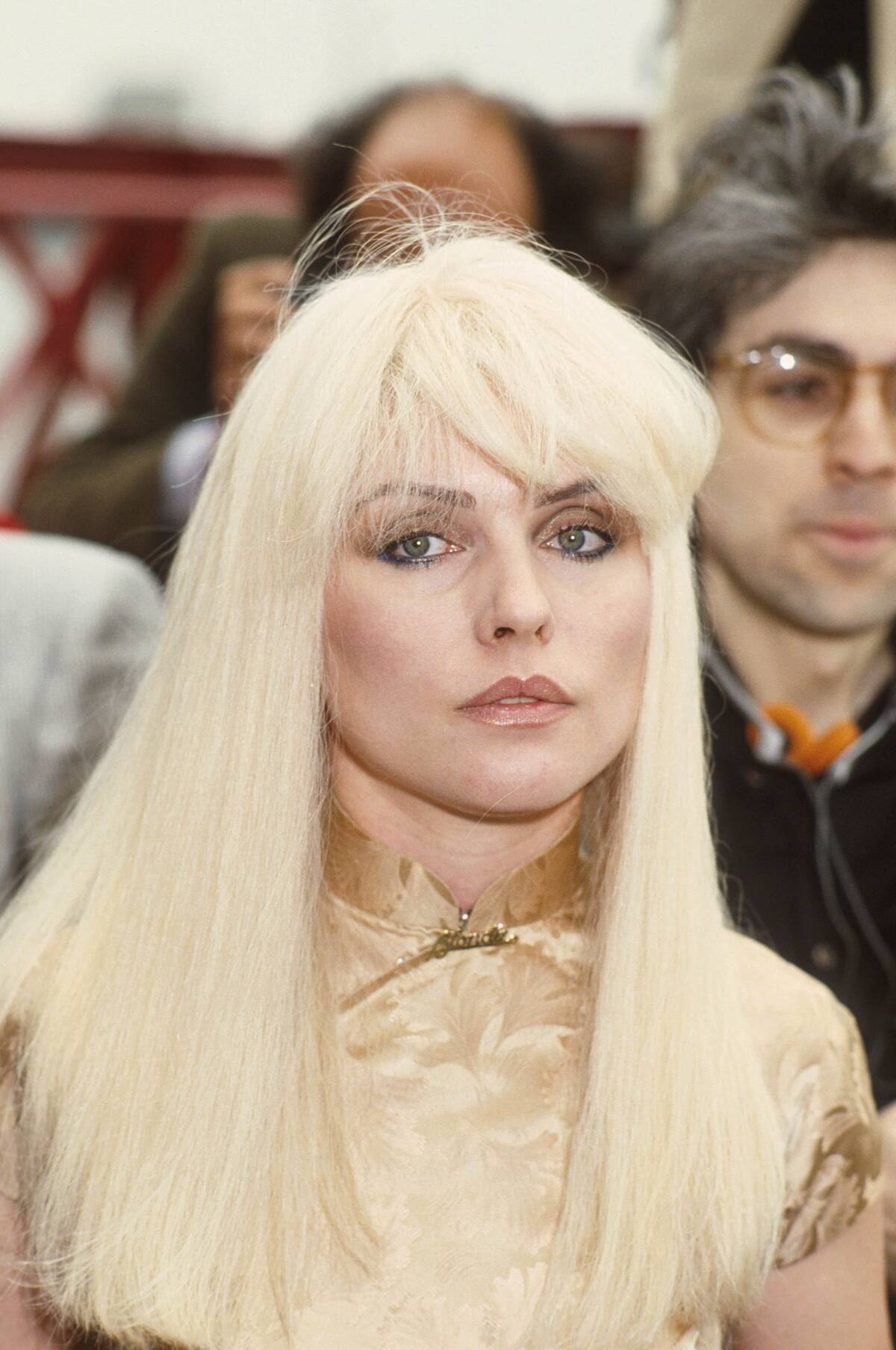
Debbie Harry became a punk icon as the lead singer of Blondie, a band that achieved commercial success with hits like ‘Heart of Glass’ and ‘Call Me.’ Her solo career began with the release of KooKoo in 1981, which featured collaborations with music legends like Nile Rodgers.
Harry’s solo work reflects her adventurous spirit and willingness to experiment with different genres. Her contributions to music and fashion continue to inspire artists today, solidifying her status as a cultural icon.




